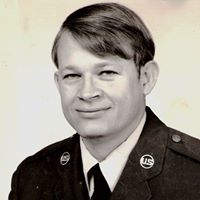Who was this Head of State?
Kim Il-sung (15 April 1912 – 8 July 1994) was the supreme leader of the Democratic People's Republic of Korea (DPRK), commonly referred to as North Korea, for 46 years, from its establishment in 1948 until his death in 1994. He held the posts of Prime Minister from 1948 to 1972 and President from 1972 to 1994. He was also the leader of the Workers' Party of Korea from 1949 to 1994 (titled as chairman from 1949 to 1966 and as general secretary after 1966). Coming to power after the overthrow of Japanese rule in 1945, he authorized the invasion of South Korea in 1950, triggering a defense of South Korea by the United Nations led by the United States. A cease-fire in the Korean War was signed on 27 July 1953.
Under his leadership, North Korea became a socialist state and had close political and economic relations with the Soviet Union, which gave the country many similarities in those respects. By the 1960s and 1970s, North Korea enjoyed a relatively high standard of living, outperforming the South, which was riddled with political instability and economic crises. Differences between North Korea and the Soviet Union made the country non-aligned in world politics, central among these differences being Kim Il-sung's philosophy of Juche, which focused on Korean patriotism and self-reliance.
More Info:
en.wikipedia.org











